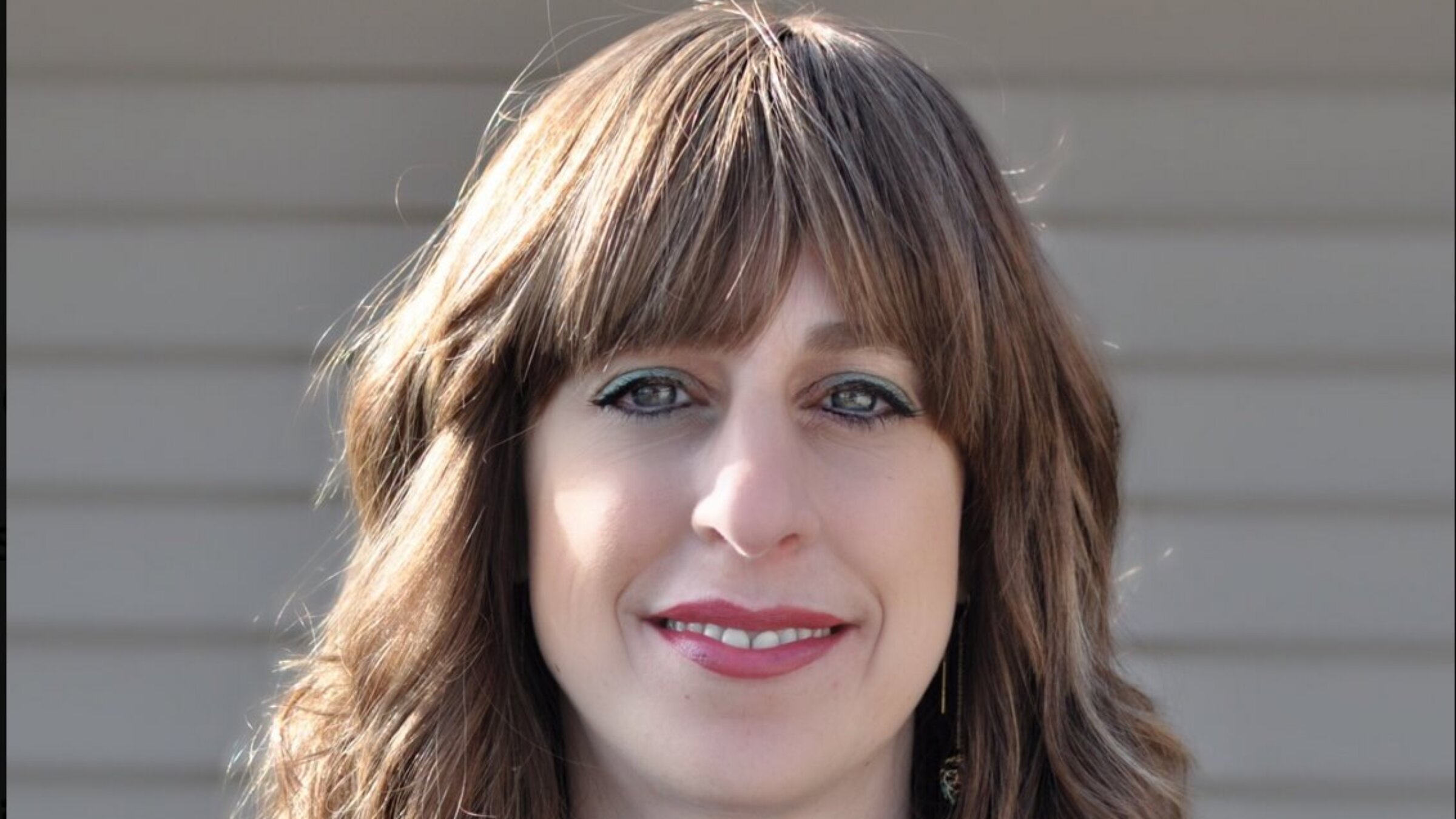Zoom lecture (in Yiddish): Popular culture and language use among American Hasidim

Linguist Chaya Nove Courtesy of Anne Tanenbaum Centre for Jewish Studies University of Toronto
Over the past three decades, there’s been a remarkable rise in popular cultural production by the Hasidic community. Driven by creative energy and a growing demand for culturally suitable entertainment and aided by new technologies that have made production cheaper and more accessible, Hasidim have been involved in theatrical performances, lyrical music, literature, comedy, advertisements, games, and more, all in Yiddish.
Within these genres, the interplay between traditionalism and modernity is evident as American musical styles, literary genres, and cinematographic effects, are refitted in traditional content, such as biblical verses and moralistic tales, resulting in a distinctive Hasidic style. But how are these growing cultural products reflected in the lives of ordinary Hasidic consumers? Based on the premise that social developments are reflected in the everyday language of a group, you can expect that the spoken language would exhibit signs of both innovation and conservatism.
In this Zoom talk held in Yiddish, linguist Chaya Nove will provide an overview of Hasidic popular culture and review several sociolinguistic studies whose results reflect the ideological and cultural diversification within the community, highlighting the capacity of Hasidim to both preserve their traditional lifestyle and adapt to the modern world.
To register for the lecture, click here.
A message from our CEO & publisher Rachel Fishman Feddersen
I hope you appreciated this article. Before you move on, I wanted to ask you to support the Forward’s award-winning journalism during our High Holiday Monthly Donor Drive.
If you’ve turned to the Forward in the past 12 months to better understand the world around you, we hope you will support us with a gift now. Your support has a direct impact, giving us the resources we need to report from Israel and around the U.S., across college campuses, and wherever there is news of importance to American Jews.
Make a monthly or one-time gift and support Jewish journalism throughout 5785. The first six months of your monthly gift will be matched for twice the investment in independent Jewish journalism.
— Rukhl Schaechter, Yiddish Editor